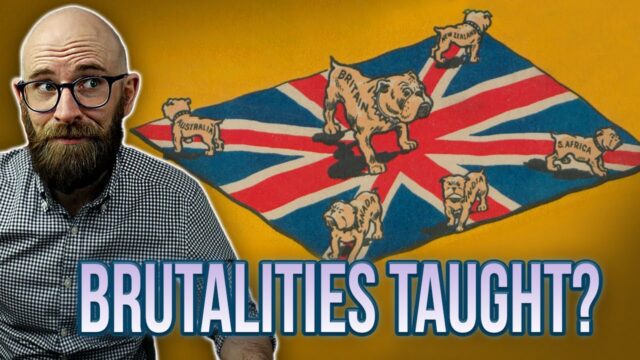“Unveiling the Forgotten Lessons: How British Schools Shape the Narrative of Empire”
The end result was a syllabus which did include some imperial topics, but, once again, it was up to the individual teachers to decide what and how to teach their pupils – if anything at all!
All that said, in very recent years, the issue of Imperial instruction has taken centre stage in the British parliament. Following an online petition, the House of Commons held a debate on Monday 28 June 2021, to discuss how Britainâs colonial past was addressed in UK schools. Labour MP Chris Evans quoted Dr Deana Heath, who teaches Southern Asian and Imperial Colonial History at the University of Liverpool: âI face an uphill struggle at the start of each new academic year. Many of the undergraduates who greet me know virtually nothing about any of the subjects I teach.â
Other MPs, from both Labour and the Scottish National Party agreed that schools oversimplified Britainâs role in the Transatlantic Slave Trade, as well largely omitting the contributions of non-white historical personalities. This omission extends also to the struggles of the lower classes, with Labour MP Bell Ribeiro-Addy suggesting that this exclusion is both racially and class-driven.
The response from the Conservative majority was simply to point out that, as of 2021, the British Empire and Britainâs colonial past were a statutory theme for the Key Stage 3 history curriculum.
To clarify, Key Stage 3 corresponds to pupils aged 11 to 14. And a statutory theme indicates a theme which must be covered as part of history lessons. The selection of the specific topics within a statutory theme, however, is, once again, down to the choice of the individual teacher.












